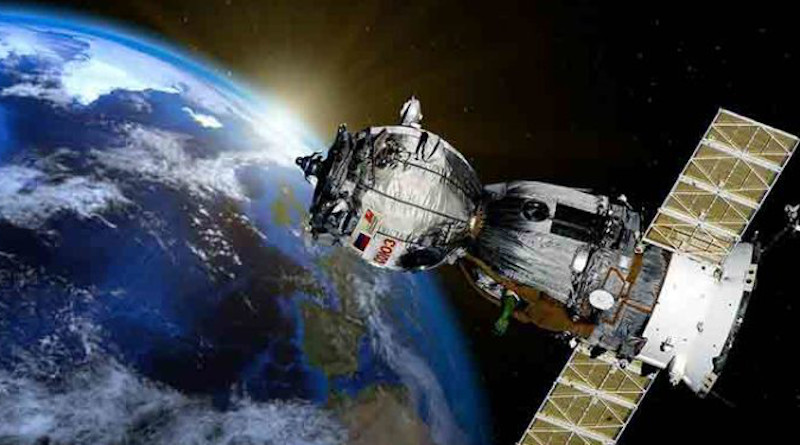BeiDou And BRI: Dependence Masked As Independence? – Analysis
By Saman Ayesha Kidwai and IPCS
One core component of the Belt and road Initiative (BRI) is the BeiDou Navigation Satellite System (BDS). BDS, while largely a benign satellite navigation system, has a key component of entrapment for economically weaker countries. What exactly are the malign components of the BDS that have the potential to entrap countries in technology dependence on Beijing?
The Seemingly Benign
The benign parts of BDS can be gauged by the fact that the linked services are either replaceable, or do not entail a continuing use of BDS past the implementation-construction phase.
To foster digital economies in Arab states, Beijing established a BDS in Tunis. This involved the training Arab state representatives in transitioning to digital economies, and said training was done on the basis of BDS to show them the opportunities and benefits.
For a long time, services we take for granted—like GPS navigation—were dependent on the US- controlled Navstar satellites whose services were prohibited from being extended to Iran. A Memorandum of Understanding (2015) between China and Iran resolved this issues with BeiDou, providing high-precision navigation services, and spawned a host of services based on this technology. In South Asia, Pakistan’s new Islamabad International Airport’s information integration system offers precise time synchronisation and coordinated operation of the airport’s sub-systems in a “reliable” manner.
Myanmar, Laos, Cambodia, Indonesia, Thailand, and Uganda have used BDS for agricultural and infrastructural purposes. These include land, water, and ecology surveys. They have been able to benefit by planning their crop cycles and water allocation with great precision, resist climatic variation, and increase the accuracy of their national disaster agencies through dependence on these services. In some of these countries, like Thailand, power distribution, and goods delivery and tracking are all linked to BDS.
Dependence
On the face of it, all these above-mentioned projects seem benign, with only benefits to be reaped by the countries dependent on the system. Yet, each of these associations has masked a critical element of dependence.
Today, Iran’s entire basket of satellite-based services—their equivalents of Google Maps, Uber, Zomato, Amazon, etc.—and the massive economic footprint they have spawned are dependent on BDS. Any withdrawal of services would be catastrophic for large parts of the country’s urban economy that depend heavily on this system.
In a similar manner, agricultural systems in several parts of Southeast Asia, as discussed earlier, have been enhanced based on BDS technology. Sustaining this expansion is also based on BDS, as it is used to plan cropping seasons, adjust water distribution, and compensate for climate. Indeed, once even basic and traditional activities like agriculture become technology-dependent, their extraordinary increase in productivity and resistance to climactic variation also depend on the usage of this technology.
Denial of BDS would therefore prove catastrophic given how critical subsistence agriculture is to these countries. In short, China has created a politically powerful tool that reaches out to vast sections of society in these countries. In future dealings with China, this could restrict their options should disputes arise. A critical element is that this technology is potentially irreplaceable—as Iran is legally denied provision of other services such as Navstar, and Southeast Asia and Sub-Saharan Africa were deemed a price point mismatch for such precision services provided by the European Galileo Programme.
Conclusion
The clearest example of this insidious technology dependence is Islamabad airport. While emergency training necessitates that all airport staff are coached to deal with situations where technology augmentation has failed, a denial of BDS services would cripple the city’s air links. Of course, the airport would still function, but at vastly reduced capacity, leading to severe contraction. This reliance is mostly because the nature of the BDS-dependent services has been in critical subsistence areas, and where alternatives are either unavailable or prohibitively expensive. The use of BDS will allow Beijing to play havoc at a later stage—if it chooses to do so.
*Saman Ayesha Kidwai is a Research Intern with IPCS’ China Research Programme (CRP).

